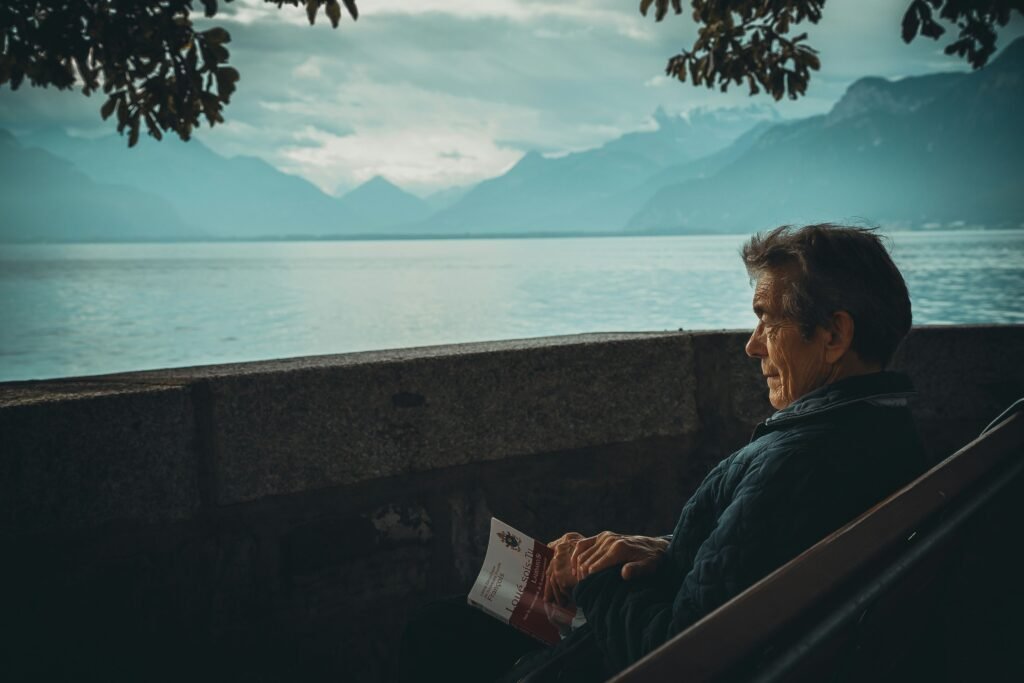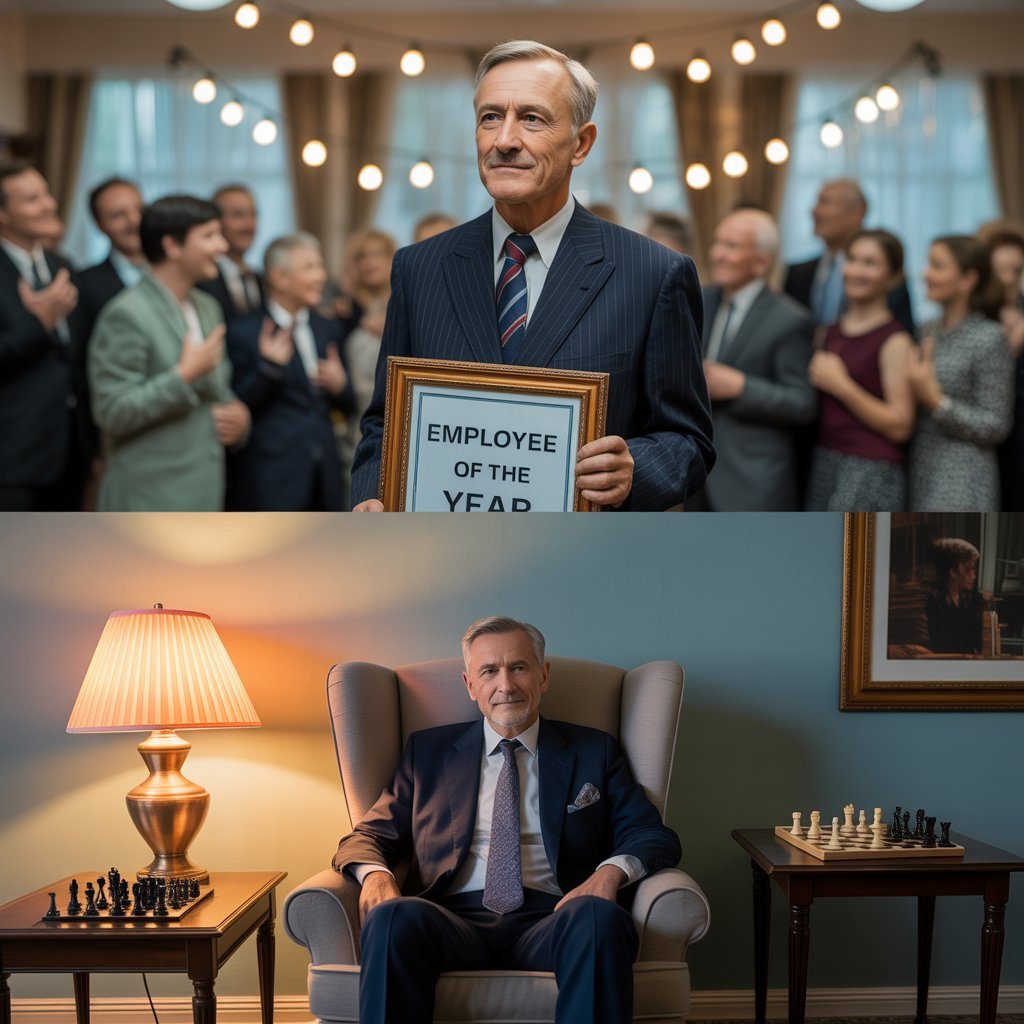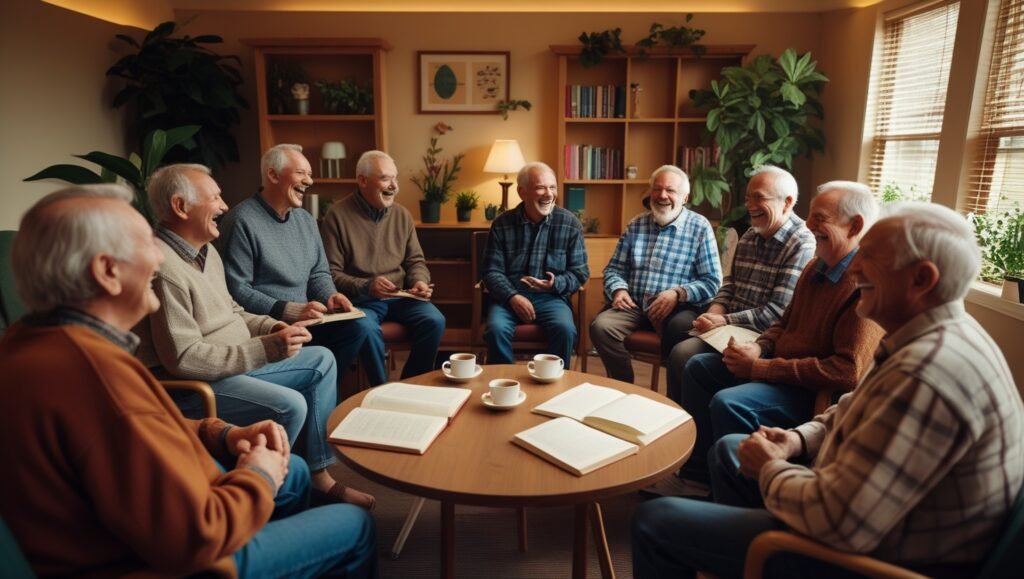Introduction: We Need to Talk About Lonely Older Men
If you’ve ever wondered why older men die alone, chances are your mind jumps to the obvious answers: failed marriages, stubbornness, or bad attitudes. But the real story is much deeper—and far more tragic.
It’s a slow unraveling that begins decades earlier: in childhood, in cultural conditioning, in the quiet isolation that sneaks in as careers end and families drift. This isn’t just a personal tragedy. It’s a societal failing.
Because men aren’t dying alone because they want to.
They’re dying alone because we never taught them how not to.
A Personal Story: Silence Isn’t Strength—It’s a Survival Strategy
My grandfather was a good man—strong, dependable, respected. But he was also deeply lonely. After my grandmother passed away, we expected him to grieve, then move on like people do. But he never did. He slowly retreated inward.
He never complained. He never reached out.
He just… faded.
I remember sitting beside him during a visit. We watched TV in silence, both unsure how to bridge the gap. I wish I had asked more questions, tried harder. But at the time, I didn’t realize he was dying from more than just age.
He was dying from disconnection.
This story isn’t unique. It’s painfully common.

1. Emotional Repression Starts Early—And It Doesn’t Go Away
Many older men were raised during a time when masculinity was defined by toughness, stoicism, and emotional restraint. Vulnerability was framed as weakness. “Real men” didn’t cry. They provided, they fixed, they endured.
That mindset creates a dangerous emotional landscape:
- Feelings become foreign.
- Asking for help feels shameful.
- Connection feels risky.
By middle age, many men have buried their emotional vocabulary under decades of self-repression. Friendships become functional, not emotional. Romantic relationships may provide some outlet—but when that relationship ends, they’re left with nothing.
🔍 Study Insight: According to a Psychology Today article, men report significantly fewer close friendships than women and are more likely to describe emotional issues as “personal problems” rather than seek support.
2. Shrinking Social Circles—and No Tools to Rebuild Them
Unlike women, who tend to maintain friendships across life stages, men’s social circles often center around work, romantic partners, or shared activities (like sports). But what happens when:
- Work ends (retirement)?
- Spouse dies or divorces them?
- Friends move, die, or disconnect?
Without intentional effort, men often don’t know how to maintain or replace those bonds. Social inertia takes over. Months turn into years of disconnection.
And here’s the silent killer:
Men may feel lonely, but they rarely name it. Instead, it manifests as irritability, substance abuse, depression—or just quiet withdrawal.

3. The Loss of a Partner is Often the Beginning of Isolation
For many older men, their romantic partner is their only emotional outlet. Unlike women, who are often taught to create and nurture multiple layers of intimacy (family, friends, social groups), many men rely solely on their spouse for:
- Emotional validation
- Social coordination (birthdays, visits, calls)
- Physical affection
- Daily connection
So when that person is gone—whether through death or divorce—it’s not just grief. It’s the sudden collapse of their entire emotional world.
🔗 Source: A study from Stanford University found that widowed men experience deeper and longer-lasting loneliness than widowed women, with a far higher risk of dying within the first few years of bereavement.
4. Men Fear Being a Burden More Than Being Alone
This is perhaps the most heartbreaking reason why older men die alone: they choose isolation out of pride and fear.
Here’s what many older men believe:
- “I don’t want to be a bother.”
- “They have their own lives now.”
- “I’d rather be alone than pitied.”
Rather than risk feeling useless or burdensome, they retreat. They don’t ask for help—even when they desperately need it. They shrink their lives to preserve their dignity.
But silence doesn’t equal strength.
It’s often just fear in disguise.
5. The Technology Gap Deepens the Divide
In today’s hyper-digital world, many older men are left behind—not because they’re incapable, but because no one ever taught them.
While their kids are staying in touch through texts, memes, and group chats, many elderly men are:
- Struggling with smartphones
- Afraid to ask how to use FaceTime
- Too embarrassed to join Zoom family calls
This disconnect isn’t just technological—it’s emotional. It adds another barrier to already fragile social ties.
🧠 Stat Insight: According to Pew Research, only 39% of men aged 75+ report using smartphones regularly, compared to 60%+ in younger age groups. That means many are literally unreachable in the ways people connect today.
The Cultural Blind Spot: Why This Should Alarm Us All
This epidemic of loneliness among older men isn’t just about personal choices. It’s a systemic blind spot in how we define masculinity, age, and connection.
If we don’t teach men how to express emotions, build community, and ask for help…
If we don’t provide them with safe, shame-free spaces to be vulnerable…
If we ignore the signs until it’s too late…
…then we are choosing to let them die quietly, with no one to hold their hand in the end.
That’s not just a personal tragedy. That’s a social injustice.

Conclusion: We Can Change This—But We Have to Act
Now that we know why older men die alone, the question becomes: What will we do about it?
We must:
- Talk about male loneliness openly.
- Check in on the older men in our lives.
- Create community spaces where men feel seen, not shamed.
- Redefine masculinity to include emotional intelligence.
- Encourage digital literacy for better connection.
If you’re an older man reading this: you are not alone.
You are allowed to ask for help. You are worthy of love and support.
And it’s never too late to reconnect.
✅ Quick Checklist: Preventing Loneliness in Older Men
- 👥 Encourage lifelong male friendships
- 📚 Support emotional literacy and counseling access
- 🧑💻 Provide tech training in senior centers
- 🧠 Normalize vulnerability in men’s health discussions
- 🏘️ Build intergenerational community programs
💬 We Want to Hear From You
Have you witnessed loneliness in an older man’s life—or experienced it yourself? Share your story in the comments below. Your voice might be the one that helps someone else feel seen.


